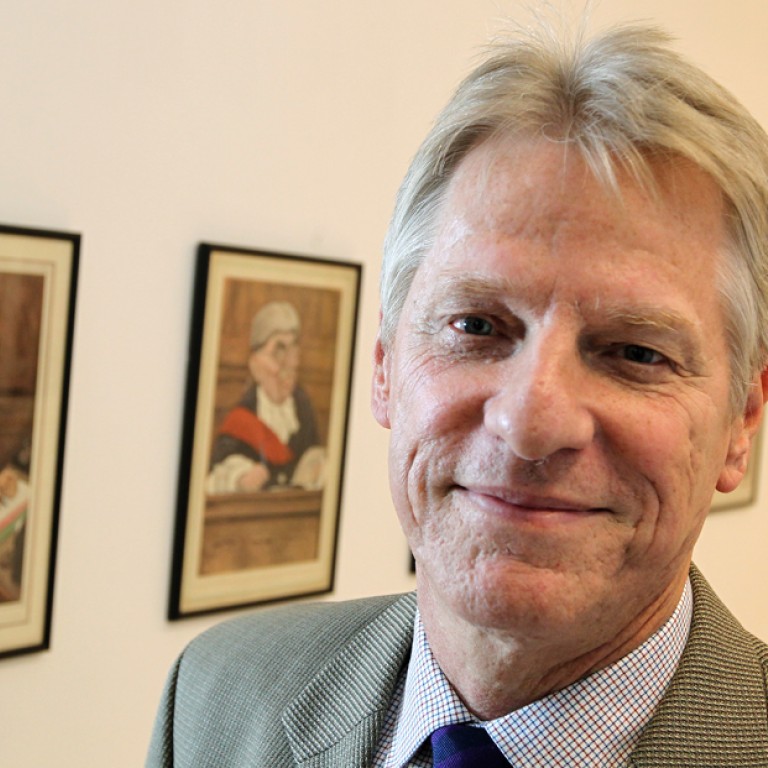
Universal suffrage naysayers have no legal leg to stand on
Basic Law makes clear voting rights must meet civil and political requirements of UN covenant
Mainland and local officials and establishment politicians have been subjecting Hong Kong to a barrage of statements about what universal suffrage under the Basic Law is not or does not include.
Among the catalogue of "nos", we are told universal suffrage is not direct election, does not include civil nominations and is not to be done by a simple threshold of nominators in the nominating committee but by the committee as a whole. It also does not include someone confrontational to the central government or from the opposition camp. It does not even include the right to stand for election or nominate more than four candidates.
The Basic Law makes clear that basic rights must meet the requirements of the International Covenant on Civil and Political Rights (ICCPR). Some still argue that does not include electoral rights because of a reservation the British made 40 years ago. But the ICCPR's Human Rights Committee has made clear its view that such a reservation died with colonial rule. The Basic Law does promise "universal suffrage".
Rather than fussing over what universal suffrage does not mean, it might be more fruitful to identify what it does mean and set about achieving it.
Article 25 of the ICCPR makes clear that "Every citizen shall have the right and opportunity, without any of the distinctions in article 2 and without unreasonable restriction: (a) to take part in the conduct of public affairs, directly or through freely chosen representatives; (b) to vote and to be elected at genuine periodic elections which shall be by universal and equal suffrage". It forbids discrimination based on "political or other opinion".
In a 1996 general comment on article 25, the Human Rights Committee made clear there should be no restrictions on these rights to vote and run for office based on the exercise of freedom of expression, assembly and association.
It adds: "The effective implementation of the right and the opportunity to stand for elective office ensures that the persons entitled to vote have a free choice of candidates."
The Human Rights Committee made clear that excluding candidates "by reason of political affiliation" would not satisfy this requirement. It emphasised that, "political opinion may not be used as a ground to deprive any person of the right to stand for election".
All the proposals floated to achieve genuine universal suffrage, consistent with the ICCPR, are united around the basic principle the people should be given genuine choice.
The catalogue of "nos" aim to prevent universal suffrage. If the obstructionism is abandoned then any number of proposals for a broadly representative nominating committee, for a low nomination threshold or for public participation can easily achieve the aim of universal suffrage.
Professor Michael Davis, of the University of Hong Kong, is a constitutional law specialist

